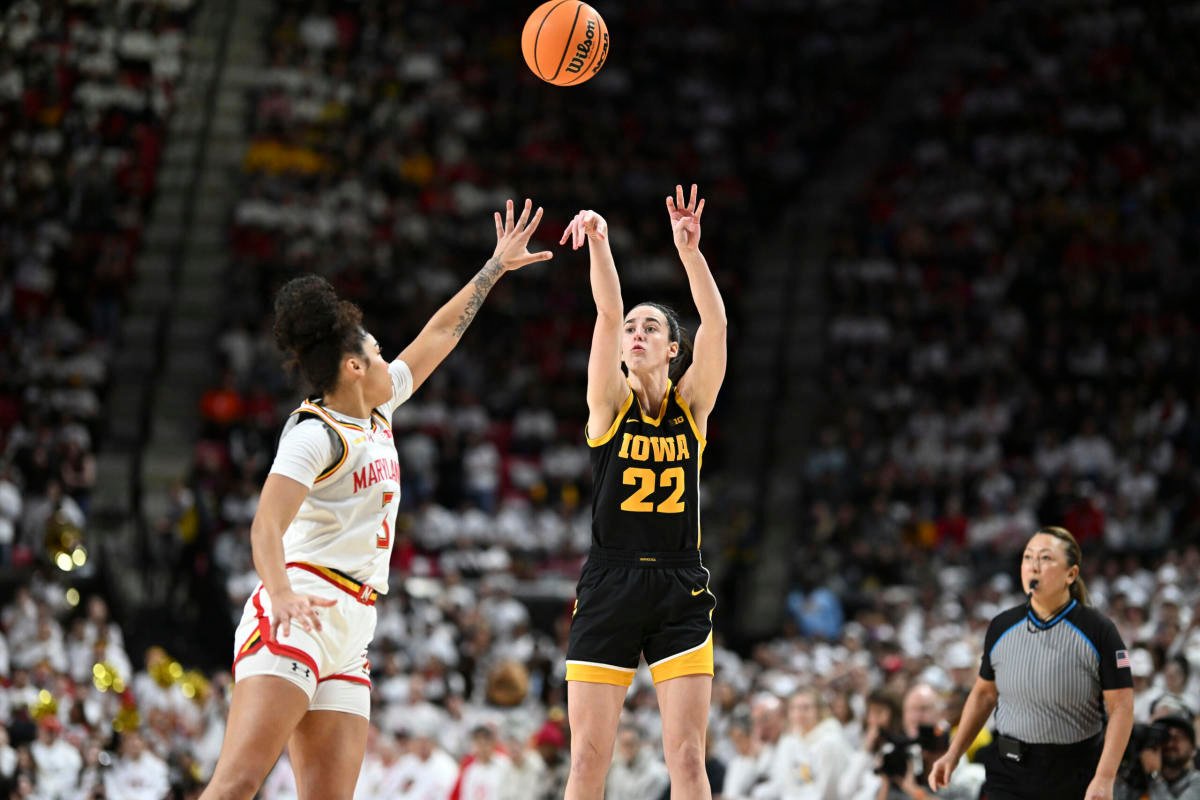Sheryl Swoopes’ recent unfounded criticism of rising basketball star Caitlin Clark, which gained traction on social media, has cast a negative light on the 52-year-old legend. During an appearance on a YouTube show hosted by former NBA player Gilbert Arenas, Swoopes made several inaccurate statements about Clark, asserting that she is a 25-year-old dominating younger opponents (she’s 22), takes about 40 shots per game (she averages 22.3 field goal attempts for the season), and questioned the legitimacy of the Division I scoring record she’s set to break due to an additional year of eligibility (which will be achieved in less than four years).
While these inaccuracies sparked discussions and criticisms on social media, the focus should shift from piling on Swoopes to examining the broader phenomenon at play – a classic case of player-hating. The fact that Swoopes has ignited debates on both sides signifies women’s basketball’s presence at the forefront of discussions, much like men’s sports.
When advocating for equal opportunities in women’s sports, the emphasis is often on financial aspects and exposure. However, true equality is achieved when discussions and criticisms surrounding women’s sports mirror those of men’s sports, without patronizing or undermining female athletes. The controversy surrounding Clark exemplifies how women’s basketball is now part of mainstream conversations, with debates fueling interest and engagement.
The jealousy and pettiness exhibited by ex-athletes critiquing players much younger than themselves is not a new narrative. This age-old tale of former athletes expressing resentment toward emerging stars has become a compelling aspect of sports discourse. In Clark’s case, this phenomenon is particularly significant as she gains prominence through commercial endorsements, packed arenas, and establishes herself as a premier talent in college basketball.
While analyzing the segment with Arenas, Kenyon Martin, and host Josiah Johnson, it becomes evident that Swoopes harbors a dislike for Clark. Despite acknowledging Clark’s shooting prowess, Swoopes expresses skepticism about her potential success in the WNBA, asserting that Clark won’t immediately replicate her college success at the professional level.
The skepticism and critical discussions around Clark’s game are reminiscent of similar debates surrounding male basketball stars like Trae Young or Jimmer Fredette during their college careers. This evolution is indicative of growth in women’s sports, transforming them into a source of entertainment, debate, and engagement.
Clark’s ability to handle such criticism and trash talk, evident in her response to taunting during the national championship game, highlights her resilience and understanding of the unwritten rules of sports. Women’s college basketball’s ability to deliver compelling narratives, complete with personality conflicts and on-court drama, is a testament to its increasing appeal.
Acknowledging that Clark and players like Angel Reese entering the WNBA will attract new fans, Swoopes and her contemporaries might find it challenging to reconcile with the fact that they didn’t experience the same level of audience, adulation, and commercial opportunities during their careers. Women’s basketball has undergone significant transformations, and players like Clark are reaping the benefits of increased visibility and recognition.
Swoopes’ misconceptions about Clark’s record-breaking potential stem from a misunderstanding of the circumstances. While Clark may utilize a fifth year of eligibility, her impending achievement is as legitimate as any other record in the books. Dismissing her accomplishments as player-hating serves as another indication that women’s basketball has indeed arrived.
In conclusion, the controversy surrounding Sheryl Swoopes’ critique of Caitlin Clark reflects the evolving landscape of women’s basketball. Instead of solely condemning Swoopes, it provides an opportunity to recognize the sport’s increased prominence, engaging discussions, and the emergence of new stars like Clark. Women’s basketball has earned its seat at the table, where critiques and controversies are integral components of the narrative.
